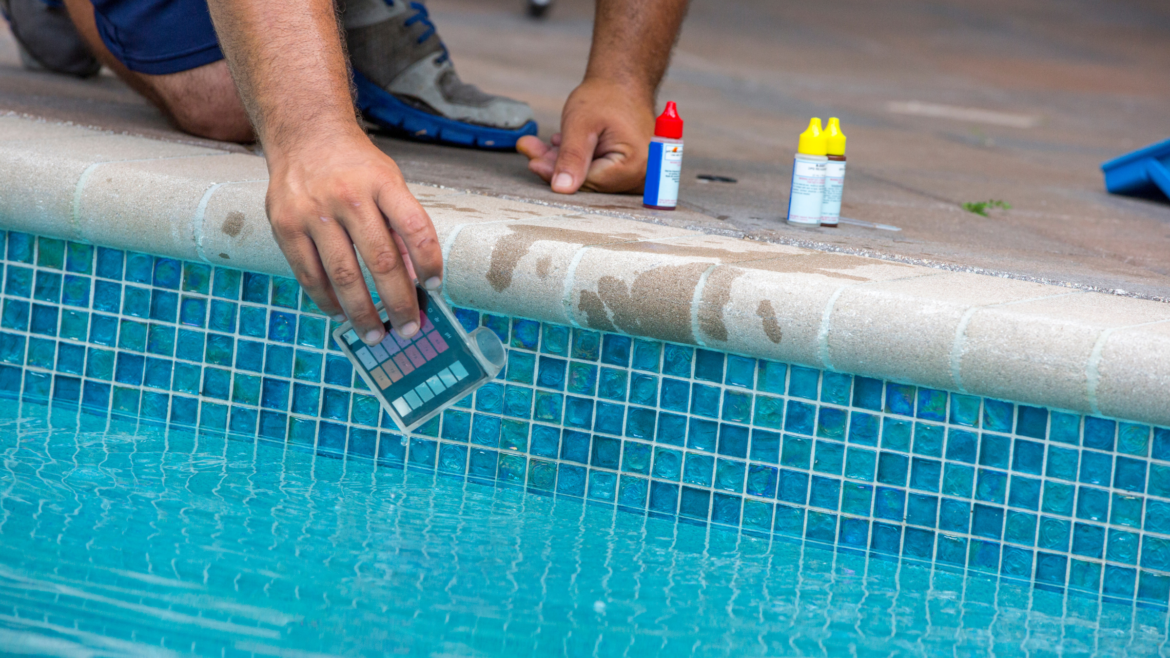Chlorine is a vital component in keeping swimming pools clean, but there are many misconceptions about its effects. So, what’s the truth? Chlorine is used in pools because it effectively kills bacteria, viruses, and other harmful microorganisms, ensuring a safe swimming environment. It helps prevent the growth of algae and other contaminants that can make the water cloudy or unsafe. However, many people believe that the strong smell of chlorine means a pool is clean—this is actually false! A properly chlorinated pool should not have a strong odor. That distinct “chlorine smell” comes from chloramines, which form when chlorine reacts with sweat, oils, and urine in the water. In fact, if a pool has a strong smell, it might actually indicate that more chlorine is needed to break down these waste compounds.
Another common myth is that chlorine causes red, irritated eyes. In reality, eye irritation is often caused by an unbalanced pH level in the water, not the chlorine itself. Proper pool maintenance ensures that chlorine levels remain safe and effective without causing discomfort.
While chlorine is an essential disinfectant, it’s important to follow proper safety measures—such as showering before entering the pool, avoiding excessive sunscreen or lotions that mix with the water, and ensuring proper chemical balance to maintain water quality. With the right levels of chlorine and proper pool care, swimmers can enjoy clean, safe, and refreshing water without worry.

